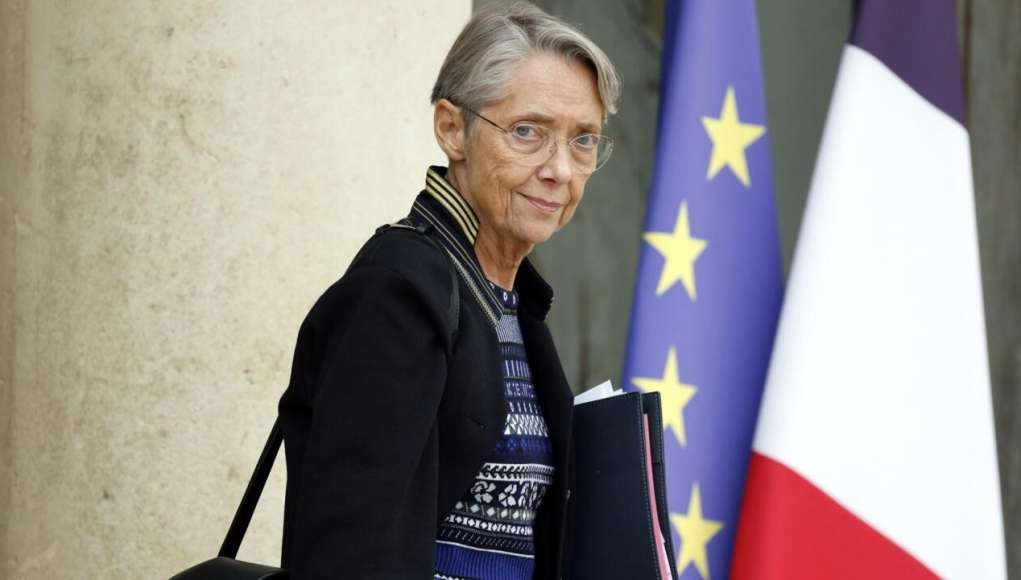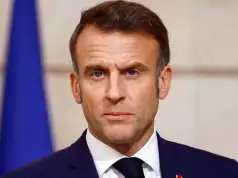France’s Prime Minister Élisabeth Borne is to leave office after less than two years on the job.
Her resignation comes with President Emmanuel Macron widely expected to reshuffle his top team ahead of European elections due later this year.
In a statement, Mr Macron said Ms Borne had shown “courage, commitment and determination” during her time in office.
It is not yet known who will be appointed as her successor.
Ms Borne will remain in post until a new prime minister takes over, a statement from the Élysée Palace said.
She was France’s second female prime minister and longest serving, outlasting Édith Cresson who served in the role under François Mitterrand from 1991-92.
Reports of an overhaul of the government have been rife in recent weeks as Mr. Macron looks to boost his political fortunes ahead of June’s election and in a year when France will be centre stage when it hosts the Olympic Games.
With three years left of his presidency, commentators have said an overhaul is necessary to revive his government’s political impetus after a series of protests over controversial policies and legislative defeats.
His government suffered a significant defeat on a key piece of immigration legislation in December, which was widely seen as a moment of crisis.
The law eventually passed after concessions were made to right-wing opposition groups but Mr Macron’s party is still expected to face a strong challenge in the European poll.
Ms Borne’s departure will be seen as the beginning of that overhaul, with several key figures in government tipped to replace her.
The 34-year-old education minister Gabriel Attal is considered the frontrunner for the job. He would become France’s youngest and first openly gay prime minister.
Armed forces minister Sebastien Lecornu – who at 37, would also be the youngest person to hold the post – and ex-agriculture minister Julien Denormandie have been tipped as potential alternatives.
An announcement on a new prime minister is not expected until Tuesday, a spokesperson for the Élysée Palace told the BBC.
France’s prime minister is expected to manage the day-to-day business of the government and heads the Council of Ministers.
Mr Macron’s party lost its parliamentary majority in 2022, meaning the new prime minister will face an uphill struggle to turn the President’s policies into law.
When appointed, the new prime minister will become the fourth to hold office since Mr Macron was first elected as President in 2017.










